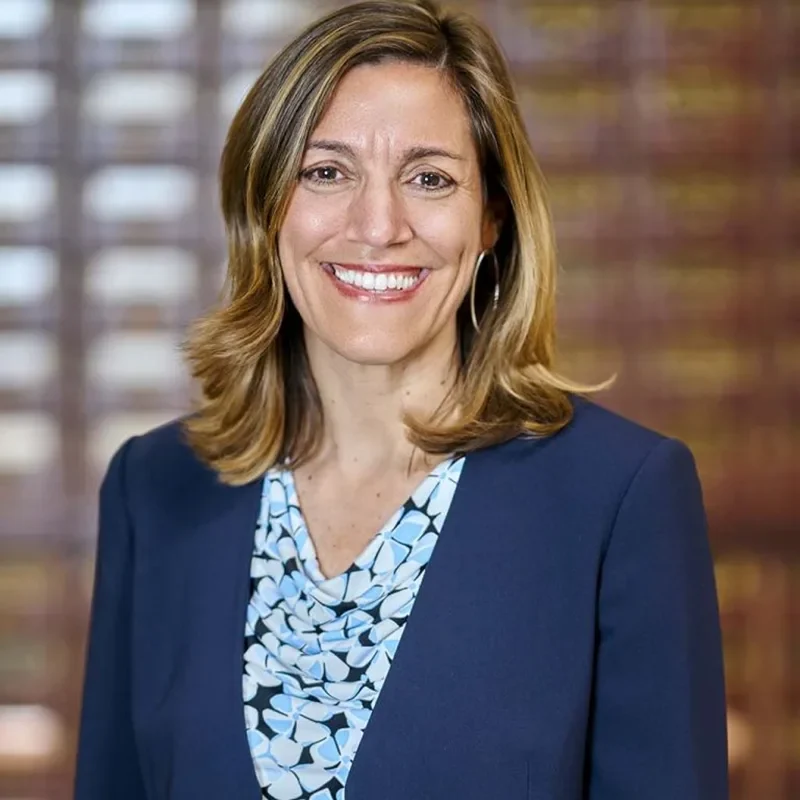In this program presented by the Hot Off the Press series, a predecessor to ALOUD, Armistead Maupin discusses his book, A Night Listener.
Lorem ipsum dolores set amet conquis adores. Lorem ipsum dolores set amet conquis adores.
Lorem ipsum dolores set amet conquis adores. Lorem ipsum dolores set amet conquis adores.
Lorem ipsum dolores set amet conquis adores. Lorem ipsum dolores set amet conquis adores.

As President and CEO of the Library Foundation of Los Angeles (LFLA), Stacy Lieberman is an innovative and inclusive leader whose career dwells at the intersection of arts and culture, lifelong learning, storytelling, and equitable access. Stacy guides the Foundation’s philanthropic and public-facing priorities to serve the Los Angeles Public Library, embracing the notion that libraries are beacons of democracy where everyone is welcome. She works intentionally with community leaders, donors, and internal and external strategic partners to raise awareness and resources for the Library and its life-changing initiatives.
With more than 20 years of experience as a senior executive, Stacy has left an indelible mark on iconic L.A. arts, non-profit, and educational institutions such as The Broad, the Autry Museum of the American West, and the Skirball Cultural Center. Building on an early career in book publishing, she has dedicated her professional life to sharing stories and broadening the reach of public institutions to welcome visitors and students of all ages and backgrounds to experience educational, arts, and cultural opportunities.
| Cookie | Duration | Description |
|---|---|---|
| cookielawinfo-checkbox-analytics | 11 months | This cookie is set by GDPR Cookie Consent plugin. The cookie is used to store the user consent for the cookies in the category "Analytics". |
| cookielawinfo-checkbox-functional | 11 months | The cookie is set by GDPR cookie consent to record the user consent for the cookies in the category "Functional". |
| cookielawinfo-checkbox-necessary | 11 months | This cookie is set by GDPR Cookie Consent plugin. The cookies is used to store the user consent for the cookies in the category "Necessary". |
| cookielawinfo-checkbox-others | 11 months | This cookie is set by GDPR Cookie Consent plugin. The cookie is used to store the user consent for the cookies in the category "Other. |
| cookielawinfo-checkbox-performance | 11 months | This cookie is set by GDPR Cookie Consent plugin. The cookie is used to store the user consent for the cookies in the category "Performance". |
| viewed_cookie_policy | 11 months | The cookie is set by the GDPR Cookie Consent plugin and is used to store whether or not user has consented to the use of cookies. It does not store any personal data. |